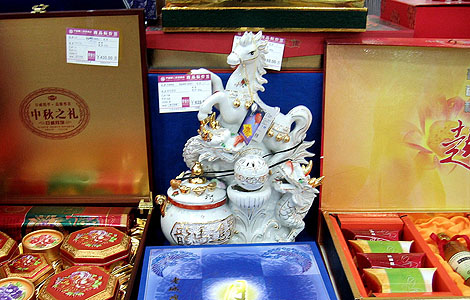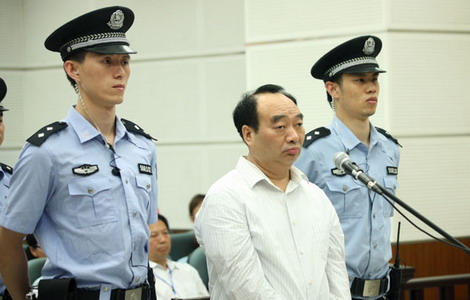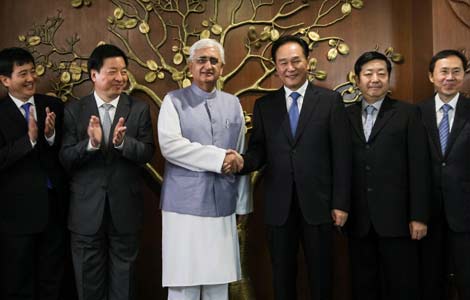
Ahead of the upcoming visit by Indian Prime Minister Manmohan Singh to Beijing in October, New Delhi has called for more exchanges between the two countries to enhance mutual trust and expand areas of common interest.
When Singh arrives in China next month, it will be the first time since 1954 that the two countries' prime ministers have exchanged visits in the same year, Salman Khurshid, Indian external affairs minister, said on Monday.
In May, Premier Li Keqiang visited India on his first overseas trip after taking office.
"We were very pleased that his first foreign stop outside of China as premier was in India. I think that was an important indication of our relationship. Obviously, there is something very significant in the growth of our relationship," Khurshid added. For better understanding and enhanced mutual trust, the minister said India would welcome more meetings, not only with government officials, but also with Chinese people.
"Trust is not something you can switch on and switch off. Trust is something based on experiences and exchanges between people, based on sharing sentiments and having common positions to face challenges," he said.
Khurshid said he would like to see more such visits coming from China and the establishment of Chinese-style industrial parks in his country. He encouraged more Indians to travel to China and said he is looking forward to seeing the growth of bonds with China, such as the building of sister cities.
"Chinese food is the most popular (foreign) food in India, and I hope someday Indian food can become the most popular foreign food in Beijing," he said.
Sino-Indian relations are based on strong fundamentals, including ties between economic and social sectors, and issues of common interest, Khurshid said. Regarding the China-India boundary issue, the Indian minister said he believed it was a very narrow issue that the two sides need to work on from time to time.
"We make common efforts to move step by step toward our boundary issue. I think we have a very satisfied progress. If China has a greater stake in the Indian economy and we have greater participation in the Chinese economy, many of these issues will get solved," he added.
Khurshid said the two countries should look at the much larger landscape of collaboration and cooperation.
"I look forward to the day when a decision needs to be made and people look at India and China, and say, ‘We cannot make the decision unless both of them are on board," Khurshid added.
China and India are making concerted efforts to expand bilateral trade volume to $100 billion by 2015. However, Chinese companies, such as telecommunication firms Huawei and ZTE, have been frustrated in their efforts to expand into the Indian market.
"The concern (from India) is partly based on the desire to protect Indian manufacturing and partly on the security issue. This is just a concern. Even in our government, we have different views on how much the concern should be taken into consideration," Khurshid said.








